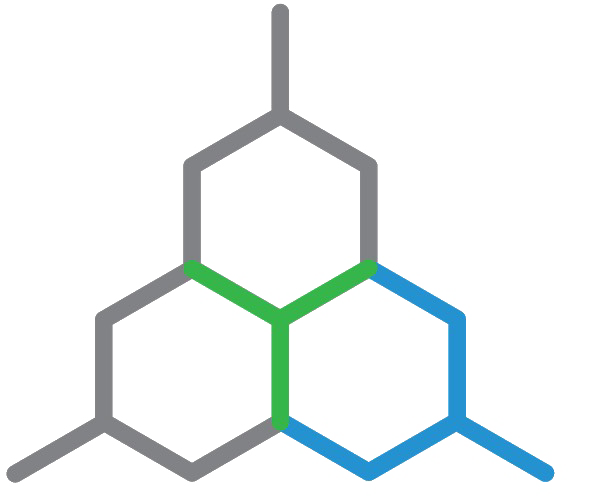The RWJF Live Pitch Competition at the Health 2.0 Conference
The finalists of the Robert Wood Johnson Foundation’s Home & Community Based Care and Social Determinants of Health Challenges will be announced on Monday, August 26th! Three finalists from each challenge will compete in an exciting Live Pitch on September 16th, from 2:30-4:30pm, at this year’s Health 2.0 Conference in Santa Clara, CA.They will demo their technology in front of a captivated audience of health care professionals, investors, provider organizations, and members of the media. The first place winners will be featured on the Conference Main Stage, September 17th at 3:15pm. Winners will be awarded $40,000 for first place, $25,000 for second place, and $10,000 for third place.
Digital Health’s Next Target: The Projected $225B Senior Care Market
As seniors become an increasing portion of the United States’ population, their need for new care solutions grows. The Population Reference Bureau expects the senior population to double from 46 million in 2016 to a staggering 98 million by 2060. This threatens the sustainability of federally funded programs like Medicaid and Medicare, that support a majority of the health services for older adults in the United States. One of the biggest challenges that the senior population faces is an increasing shortage of home health aides and assisted living facilities. Digital health innovators have already begun developing solutions that increase the efficiency and personalization of senior care, such as voice-activated software, personalized health monitoring through a wearable or cellular device, and apps that allow seniors to easily access health care providers and physicians near them. With the AARP reporting that 21% of seniors will require additional care for chronic illness by 2050, there is a lucrative market for elder care that digital health innovators are urged to tap into.
The Cloud’s Impact on Health Care Providers
Physicians’ use of of cloud technology has seen an increase due to its capacity to maximize efficiency for activities such as medical research and data entry. Cloud technology provides physicians with the necessary support to streamline work through guided-decision making and supports interoperability between other systems, as well as physician networks. However, cloud technology and the consumer-facing apps it supports may be the cause of dissonance for some health care professionals. With care moving towards a 24/7 model, physicians are finding it difficult to discern when to “clock-out,” as well as where and when to set limits to the care they offer. Additionally, the influx of sophisticated tools may pressure new medical professionals to incorporate unneeded technology into their practice. To mitigate the frustrations that cloud technology may bring for physicians, Deloitte’s Chief Digital Officer for Health Care proposes a balanced model where physicians utilize cloud technology in areas of work that need to be streamlined, and bypass it in areas that are already optimized.




